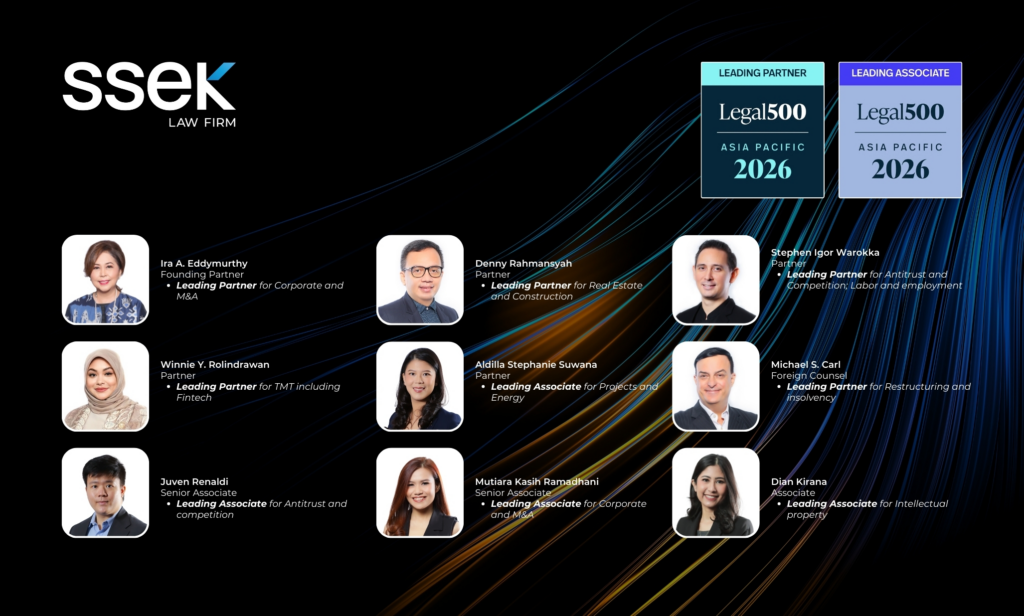5 April 2021
Over a year ago, in our report entitled "Shaping Tomorrow's Global Hydrogen Market" we stated that hydrogen will play a crucial role in making fundamental changes to our energy systems. Since then the global clean hydrogen market has gone from strength to strength, with many governments around the world increasingly committed to not only decarbonize a number of key sectors of their economies, but also to fund the research and development required to enact these transformational changes, as evidenced by several of the alerts on our Hydrogen Hub.
Revolutionizing the global energy and transportation markets to the extent necessary carries a high price tag and a very significant amount of funding is required to finance development and implementation of green hydrogen technologies. This is where the private sector can play a key role, funding the transition to clean energy and, at this stage, the development of sustainable energy hydrogen technologies. The mining and metals sector is one the many key industries that is invested in this development.
"Green" hydrogen refers to hydrogen produced via the electrolysis of water, with the electricity used in the process sourced from renewable energy such as wind and solar. This process is considered to produce "green" hydrogen because no greenhouse gas is released and only renewable energy is used. Many electrolysers (those using the "proton exchange membrane" (PEM) technology, widely used in the market) used platinum as a catalyst for the reaction. According to World Platinum Investment Council, "Platinum’s role in the hydrogen economy is crucial both throughout the EU and beyond; it is used in fuel cells for fuel cell electric vehicles, as well as in the production of green hydrogen. The global platinum demand impact of announced green hydrogen policies is clearly sizeable over the longer-term; current EU and China green hydrogen generation capacity targets alone would require, cumulatively, between 300 koz and 600 koz of platinum by 2030".
At the end of 2020, Impala Platinum Holdings Limited (Implats), a South African platinum group metals (PGMs) mining company made a significant investment in AP Ventures Fund II (AP Ventures), a venture capital fund that focuses on companies developing sustainable hydrogen energy technologies and hydrogen production, storage, and transportation, as announced jointly by Implats and AP Ventures on 7 December 2020. Existing investors in the London-based AP Ventures include South Africa's Public Investment Corporation, Anglo American Platinum, Mirai Creation Fund, Mitsubishi Corporation, Plastic Omnium, and the Sumitomo Corporation. A significant emphasis of AP Ventures has been around companies developing hydrogen technologies using PGMs.
Implats is a leading producer of PGMs structured around six mining operations and Impala Refining Services, a toll refining business. Implats' operations are located on the Bushveld Complex in South Africa, the Great Dyke in Zimbabwe, the two most significant PGM-bearing ore bodies in the world, and the Canadian Shield, a large area of exposed Precambrian igneous and high-grade metamorphic rocks. This investment by Implats is an example of the role companies mining PGMs will play in funding technologies focused on green hydrogen, and the wider energy transition.
Morne van der Merwe, Baker McKenzie's Johannesburg office managing partner and Implats' relationship partner commented, “We were delighted to have assisted Implats on this significant investment in technologies that are critical to Africa’s sustainable energy future. New solutions are urgently needed to address Africa’s power crisis and boost its post-pandemic recovery. Such solutions must take into account the energy transition and the global drive towards a decentralised, decarbonised and secure energy supply that addresses climate change and stimulates economic growth. This exciting investment will enable the development of hydrogen technologies that can lower energy costs, increase the power system’s flexibility and facilitate the decarbonization of African industries.”
For further information, please contact:
Morne van der Merwe, Partner, Baker & McKenzie
Morne.vandermerwe@bakermckenzie.com





